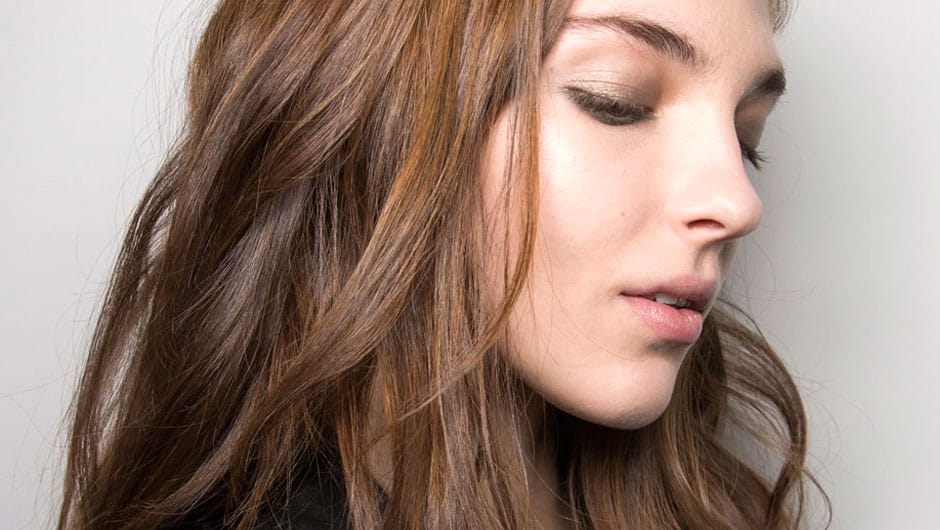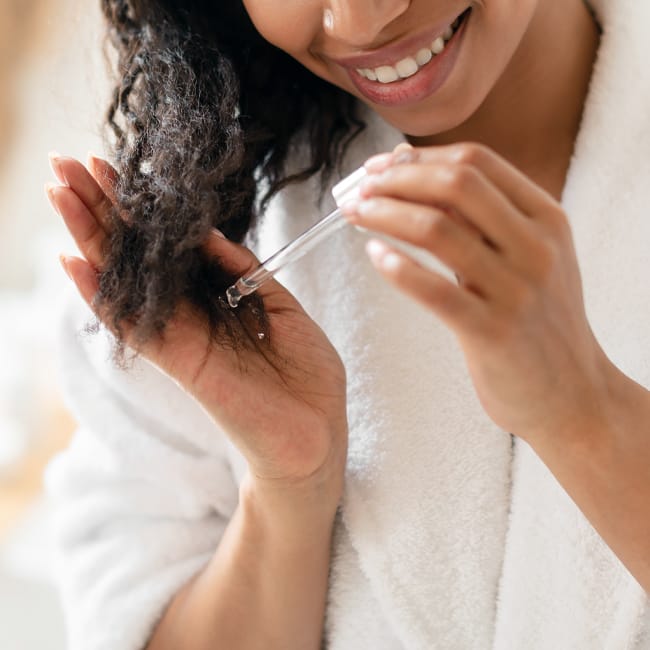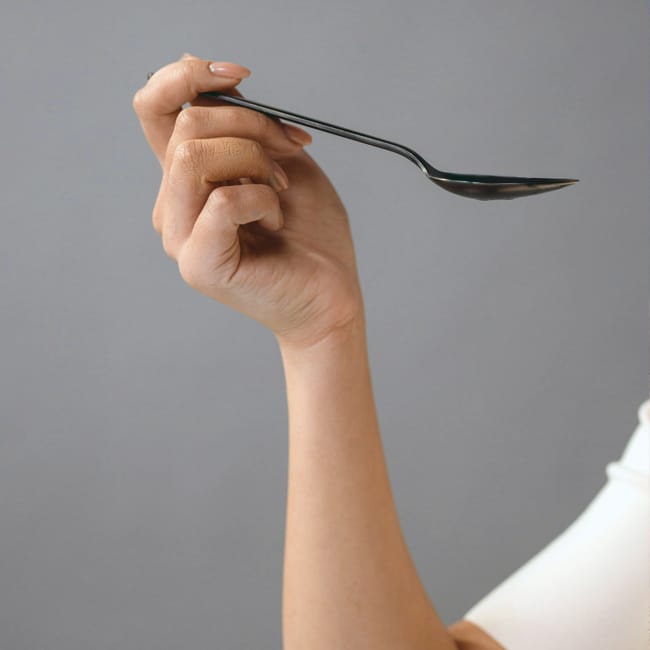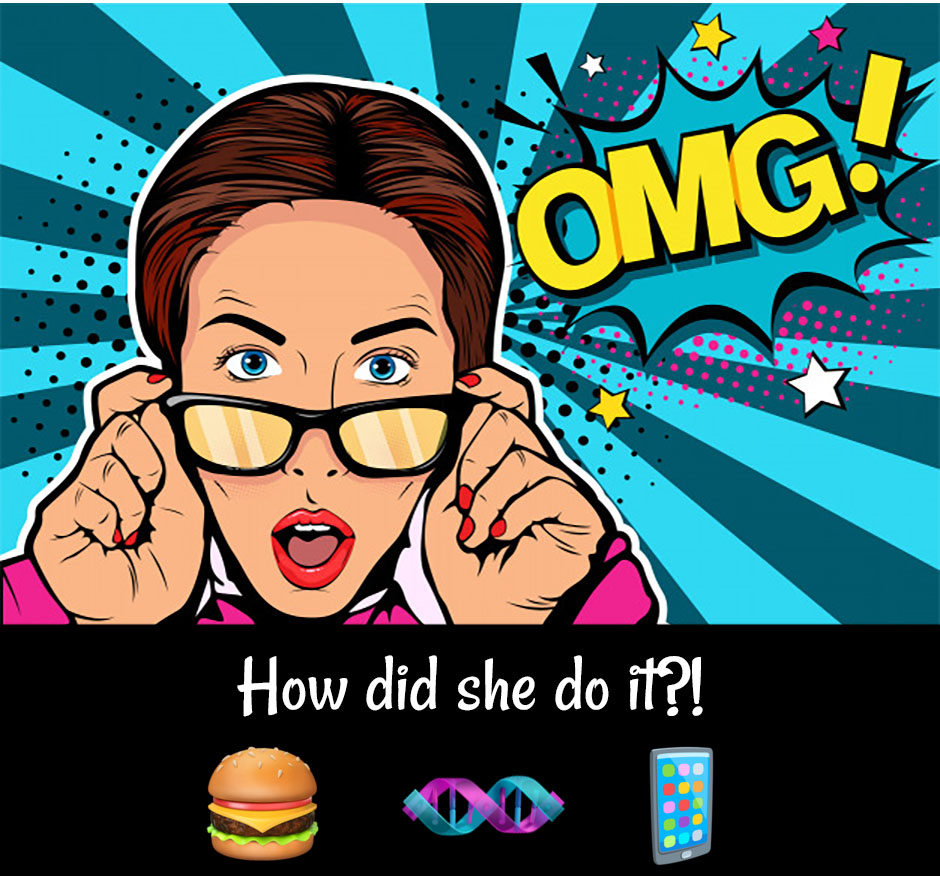This is an archived article and the information in the story may be outdated. Please check the time stamp on the story to see when it was updated last.

Try as we may to keep up with the ever-changing hair trends, it isn’t always easy to differentiate between “babylights,” “floodlights,” and “express highlights.” Which one is perfect for a pixie cut? What’s the one Gigi Hadid has? Chances are you’ve heard all of these trendy hair terms, but secretly have no idea what they actually mean and that’s exactly why we called in professional hairstylist Kayla McNeill. She’s the founder of Head Kandy and she’s here to explains what 8 of the most trendy hair terms really mean.
Balayage. It’s been around for a few years now, but how, exactly, does balayage differ from traditional foil highlighting? “Balayage is a technique that provides a hand ‘painted’ color,” McNeill says. “It does not utilize the traditional foiling technique. Because it is colored with hands, it creates an un-even, softer look, which helps hide regrowth. Generally, people who go with balayage, go with a tone that is only a few shades lighter than their natural color to create a more natural, sun-kissed look.”
Ombre. “Ombre means ‘shadow,’ and is understood as a transition from light to dark,” McNeill says. “It is much more noticeable than balayage and more maintenance is required to upkeep the style. There is no natural shading, which causes a more dramatic look.”
Pancaking. A styling trend that has become super popular lately, pancaking is really nothing more than a messy braid, similar to the ‘messy bun’ hair trend that has become popular. “Starting with a tight, structured braid, you begin to pull some pieces along the edges out to create texture or some ruggedness,” McNeill says. “You’ll want to start tight and professional so that it still looks like it was created on purpose, not out of laziness.”
Crystallizing. If you crave a professional straightening treatment, but are turned off by everything you’ve heard about Brazilian Keratin Treatments or Japanese straightening (also known as thermal reconditioning), crystallizing may be right for you–though it comes at a high cost. “Crystallizing is a Japanese hair straightening technique that is pretty rare in common salons,” McNeill says. “It can take anywhere from 1-8 hours for the process to completely work. However, it is a protein based procedure that does not damage hair and creates a soft, shiny, and manageable style. Once straight, the hair does not go back to a curl or wave, which they call thermal reconditioning. However, every 3-6 months, depending on growth, your roots will need to be straightened to maintain the style. It can cost over $1,000 for this technique depending on the length and texture of hair. A good note: this technique is not suited for many bleached hair styles or black colored hair.”
Floodlighting. Got short hair? This coloring technique is ideal for you. “Floodlighting is a highlighting technique that focuses on one area of your hair and uplifts and lightens the area to make it look like there is a spotlight on your hair,” McNeill says. “It adds shine and dimension, almost like you’re in the spotlight. It looks great for short, pixie cuts.”
Rooting. Some of the trendiest celebs (Rita Ora, Miley Cyrus, Beyonce, Blake Lively) make a conscientious effort to leave their roots a tad darker than the rest of the hair–and the effect is “I woke up like this” glam. “Rooting defines your roots and creates a more natural soft effect to highlights,” McNeill says. “Instead of the old ‘roots are tacky’ thought process, this creates a dark to light radiation that is more natural and highlights the color more. To root, the stylist paints on a dark shadow to accentuate the natural hair color.”
Express highlights. Pressed for time or not ready to commit to a full head of highlights? “Express highlights are simply defined by a quick session of highlights either hand painted on or lightly foiled,” McNeill says. “Generally, these are made to frame the face and to help create a lighter look without all of the downtime of a full head of foil.”
Babylights. Women with fine hair or anyone seeking a more youthful, subtle look will love the effect of babylights. “Babylights are a very fine highlighting technique used to create subtle variance in hair color,” McNeill says. “The term was created in hopes to mimic the natural highlighting we see in children’s hair–a fresh, natural, younger look. It is similar in process to regular highlights, however, the strands are much smaller and the space between the strands is much more subtle as well, so it blends with the base color more easily. They are much more low-maintenance because of the blending, however it is initially more time-consuming.”
For more beauty advice and tips, check out the most flattering hair part for every face shape and how much hair loss is normal?
[Photo: Imaxtree]



























